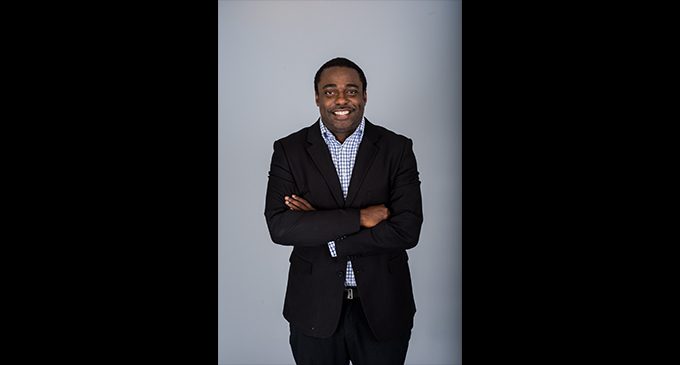Holding schools accountable creates the most growth for minority kids

By Marcus Brandon
Accountability is hard but necessary. There are approximately 2,600 public schools in North Carolina. Of those, 483 are low performing. That’s right, one out of every six schools in our state have a recent multi-year history of low performance. Most of these students are black and brown. What are we doing to hold these schools accountable to the Constitutional promise of “providing a quality” education?
Some conclude that it is all due to poverty. There is no question that poverty can negatively influence educational outcomes. We can continue to address poverty and all of its causes and effects … and we should, but that’s a monumental long-term task. A sense of urgency is needed. We have children attending school right now who need our help. We can’t wait years to find solutions.
However we have some encouraging news! There are solutions all around us. For example, there are approximately 1,500 Title I schools in North Carolina. Title I schools, for those who don’t know, are schools with a high-concentration of students living in poverty. Of the 1,500 Title I schools, over 1,000 of them are NOT low performing. That is important to know because it dispels any notion that poverty cannot be overcome to achieve academic success. No excuses! Every child is capable of learning. Make that your mantra and never doubt it.
So, what’s the secret? Accountability! That is what is missing in the schools that are persistently low performing. Every year, the N.C. Department of Public Instruction (NCDPI) would release a list of low-performing schools. Until recently, everyone would look at it and lament the length of the list – then do nothing. That is changing increasingly. In 2016, the Innovative School District (ISD) was created as an accountability measure for perpetually failing elementary schools. The state could take over a school for low performance. At the start there were 215 elementary schools that housed over 30,000 kids that look like me every year. Prior to that, there were less than 20 reform models being utilized that were made available by President Obama’s “Race to the Top” initiative. Now, of those 215 schools, 120 engaged in Restarts or have other Reform models in place. Why the sudden uptick? Again, it’s accountability. In an ideal world, the schools would be equally motivated by the desire to help kids do better academically, but unfortunately I have found people don’t move unless you make them move.
Holding schools accountable has been the most effective catalyst for change across the state, particularly for black and brown kids. We have seen school systems deal with racist school assignment policies, funding inequities, implement more innovation, and hire new support staff and principals. Most importantly, we have seen tremendous growth academically for students.
It is imperative that we continue and expand a culture of accountability. My organization, CarolinaCan, will work with leaders and lawmakers for a comprehensive accountability policy that reaches all students.
Marcus Brandon is a native of Greensboro and a graduate from NC A&T. Brandon served in the N.C. General assembly for two terms serving as vice chair of the Education Committee. He’s currently the Executive Director of CarolinaCAN, a leading education policy and advocacy organization. Brandon’s organization is dedicated to ending educational disparities among minorities through sound reform policies and educating and empowering communities.
















